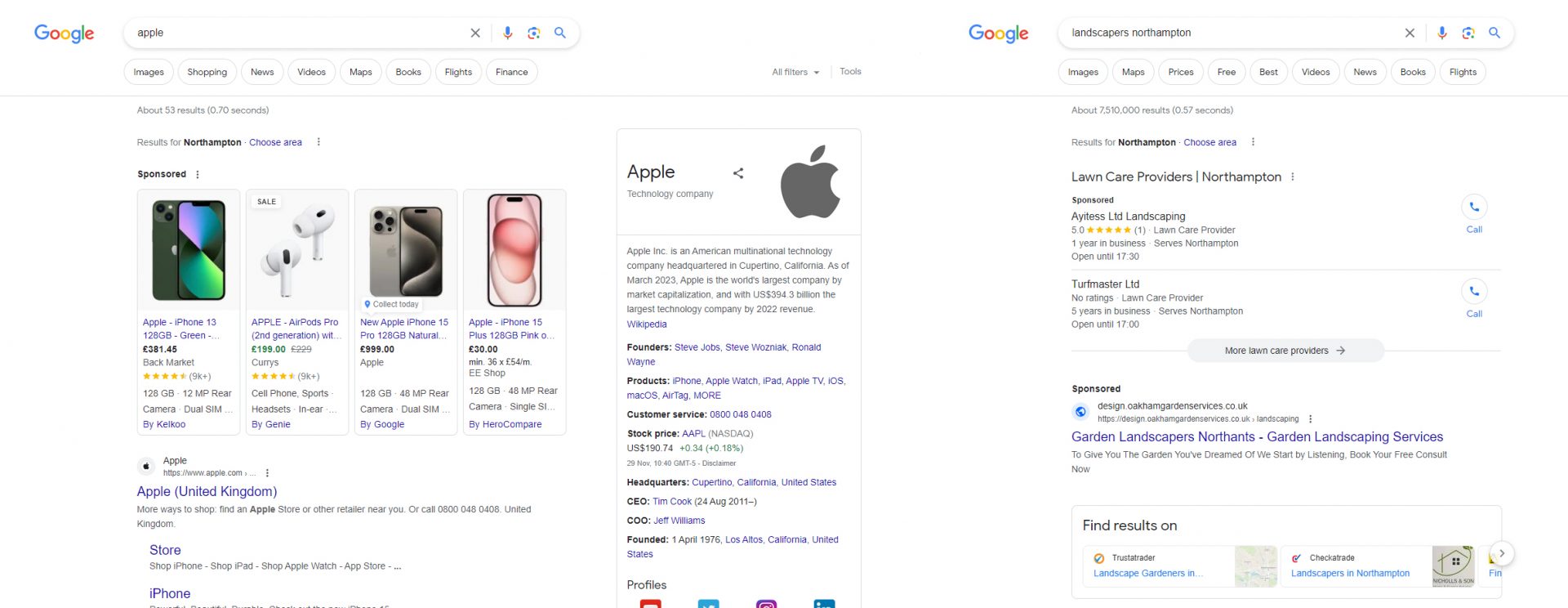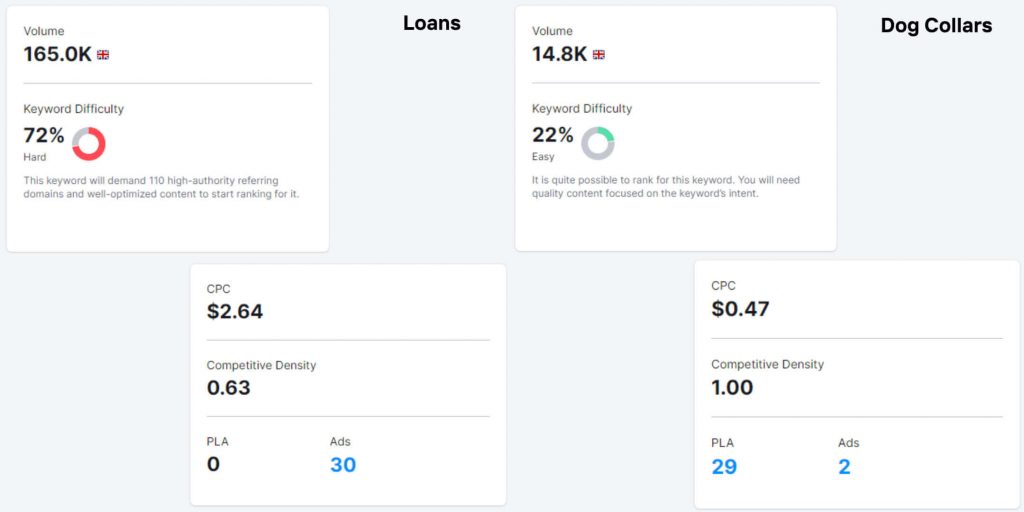Vinod is an indispensable asset to our team, serving as a highly skilled Paid Search Specialist. With an exceptional ability to analyse competitors and identify innovative strategies, Vinod continuously strives for excellence in his work. His profound passion for writing and effective client communication further strengthens his ability to deliver outstanding results. Vinod's unwavering dedication to tackling challenges head-on in order to achieve tangible and remarkable outcomes sets him apart. Bringing with him a wealth of knowledge, Vinod embarked on his educational journey, pursuing a Master's degree in Marketing at UOB. Although not yet completed, his extensive coursework has equipped him with a comprehensive understanding of the intricacies of marketing. Vinod's acute understanding of client needs enables him to develop targeted campaigns that not only surpass competitors but also drive significant growth for our clients. Beyond his professional pursuits, Vinod indulges in his passion for music by playing the guitar, honing his skills, and channelling his creativity. Additionally, his love for football provides him with an outlet to foster teamwork, resilience, and a competitive spirit. Vinod's expertise as a Paid Search Specialist, coupled with his unyielding enthusiasm and commitment to delivering exceptional results, make him an invaluable member of our team. His ability to analyse competitors, craft compelling campaigns, and foster strong client relationships propels our clients toward unprecedented success.
Posted on 28/10/2023 by Vinod Velusamy
How to Calculate PPC Budget
Within the last 10 years, PPC advertising has become one of the most important go-to forms of marketing for your business, service, or product. As with anything, how well you plan determines the success of your ad campaigns!
Pay-Per-Click marketing is useful for the largest corporations like Apple, all the way down to the local landscaper. This promotional tool can be used in a variety of different ways. From displaying products in the Google Shopping Feed to presenting rich display adverts on websites relevant to your own.
Google Adwords (PPC) is a powerful tool that can be utilised by anyone to promote their business or brand to online users.

But at the same time, Pay Per Click advertising has a few specific requirements and demands. There are important guidelines your website should meet to ensure you get the most out of your ads. The first step towards getting the most out of your ads is setting a monthly budget.
It is important to know that your paid search budget can be affected based on your bidding strategy. Let’s discuss how to calculate a PPC budget for a CPC (Cost Per Click) rather than a CPA (Cost Per Acquisition) bid strategy.
Things to Take Into Account When Calculating a PPC Budget
Now, to begin calculating a PPC budget, you must consider a few things:
What Niche are You Aiming to Advertise in?
Needless to say, some niches online are more competitive than others. You can see a good example of this by comparing the Financial/Loan niche with the dog accessories niche. If you are targeting a competitive niche, this means you are likely going to need to spend more, so your PPC adverts appear on SERPs.

How Well Optimised is Your Website?
Often when we talk about optimising your website, we typically mean “How well SEO optimised is your website?”. But in order for your website to be optimised for PPC, there is a different set of criteria to meet. But this isn’t a reason to panic.
This doesn’t mean that you have to completely restructure your website to fit your ads, wasting all the time you have put into making sure your website will appear in the search engine result pages (SERPs). Instead, you can have dedicated PPC Pages that are designed to be relevant to your ads and convert (either through a contact form, sign-up, click of a button, or even a full sale). You can then no-index these pages to make sure they do not cannibalise your website rankings.
Keyword Research and Keyword Intent
When optimising for SEO, we will look for keywords that are relevant that attract a lot of searches. Competing for these keywords is what drives traffic to your website. Whether the keywords that you target are informational, or action-driven, there are benefits to targeting both.
However, with PPC, ensuring your budget is being spent to direct traffic to ensure conversions is crucial. Depending on your budget, niche, and service it can be more effective to target “high intent to buy” keywords compared to high-traffic generic keywords.
Targeting a keyword like this will have less competition and also tells us that the users searching this know exactly what they are looking for. This means that if you fit the users’ criteria, your ads will be more effective at converting. Looking into keyword intent can also reduce the cost of each individual click from SERPs.

Why Not Just Throw Money At It?
Remember, the point of PPC campaigns is to get the biggest ROI (Return On Investment) as possible. Typically, we tend to think the more we put into Adwords, the more profit will be generated. But this is not always true. Learning to fine-tune your account, to reduce the cost per click and to return the most profit is a smarter and more profitable way to build your PPC campaign.
Calculating Your PPC Budget
As a general guideline, begin by multiplying the average monthly search volumes of your chosen keywords by an estimated search impression. Usually it’s recommended to go between 50-70%.
When you know what this is you want to understand the potential number of clicks you might expect (CTR – Click through rate). Looking at industry averages is good for this too. Now you know what clicks you might get you need to times that by the average cost per click from your keywords.
The formula looks like this:
Estimated volume of clicks x average cost per click = potential PPC budget
Once you have worked out the budget, this is when you can start looking at the number of leads you would need to generate and if it works out as cost effective for you.
Another formula which can help calculate what amount of budget you will need for your PPC campaign is:
PPC Budget = (Number of Customers / Close Rate of Leads) / Website Conversion Rate * CPC
Number of Customers = (Revenue / Sales Period) / Average Conversion Amount
What you should be achieving is a lifetime value three times the costs than acquiring them. However, with PPC budgeting, be flexible. Google adwords and keyword planner will give you some rough estimations, but that is exactly what those are. You need to also be thinking about your ad copy, landing pages and your user experience.
If you need help with your PPC strategy or help managing your PPC strategy ongoing, Loop digital is here to help. With years of experience with Google ads and other platforms, we can help you drive leads from the channel that suits your audience. Book a call with our friendly team.
Looking for your next opportunity?
Digital marketing careers
We’re always on the lookout for talented individuals to join our ever growing team. If you think you’d be a great match for Loop Digital, we’d love to hear from you.

Join 300+ business owners getting weekly growth strategies - subscribe now.
"*" indicates required fields







